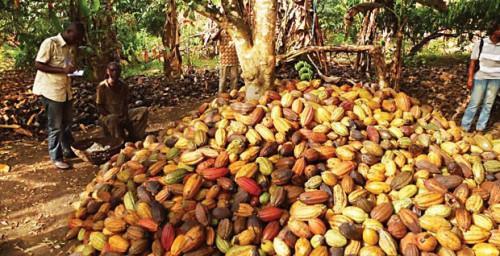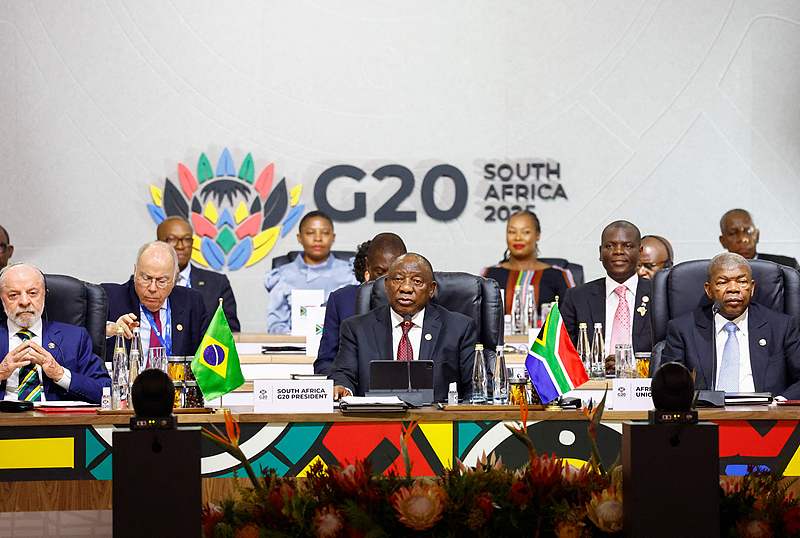
Cameroon to share cocoa location data to meet EU environment rules
Cameroon’s cocoa and coffee association signed agreements with six cocoa exporters to roll out a platform that will provide plantations’ location data to comply with an impending EU regulation on deforestation-free products.
The European Union is Cameroon’s biggest market where it shipped about 80% of total cocoa bean exports, amounting to 185,613 metric tons in the 2023/2024 farming season, according to data from the country’s National Cocoa and Coffee Board.
Under the new EU rule, which takes effect by the end of this year, the chocolate-making ingredient and other products won’t be accepted on the EU market if they were produced on deforested or degraded land after December 31, 2020, a date that corresponds with existing international commitments.
The traceability platform, managed by Cameroon’s Cocoa and Coffee Interprofessional Council, would allow EU buyers to request coordinates of plantations belonging to cocoa farmers, officials said. The platform would then anonymously query the data holders as most cocoa farms have already been georeferenced by industry operators.
“This is an excellent initiative of the private sector, with the involvement of the government. It’s not only about respecting EU rules but to show that the product is the best in the world,” Jean-Marc Chataigner, EU ambassador to Cameroon, said.
Chataigner added that the EU was yet to be involved in the process.
Narcisse Olinga, deputy director in charge of external trade, told Reuters that 260,000 metric tons, or about 80% of Cameroon’s cocoa output, already meets the EU traceability requirement.
“We are very optimistic that we shall hit 100% by the time the regulation becomes applicable,” he said.






